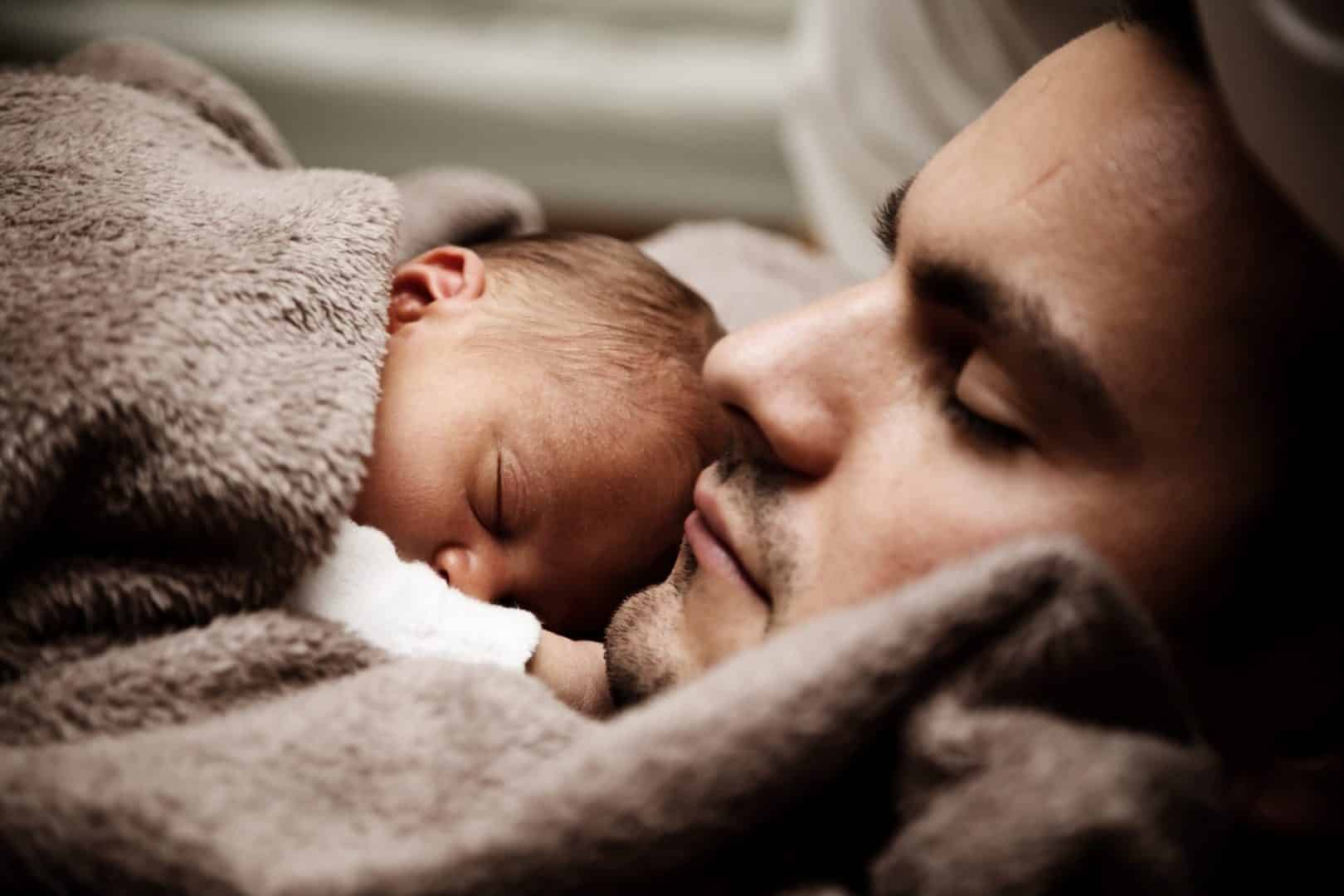You hope to give your children the best education, a great quality of life but what if something were to happen to either parent, or even worse, both? It’s never a pleasant topic to cover but just as important as subjects such as schooling. There are many that haven’t created a Will – it’s just one of those things that are forever on the “to-do” list and people just don’t get around to. It’s hugely important though – if anything were to happen to you or your partner, your children may not have a legal guardian; they could go into care, even if only for a short period.
We’ve set out some common questions about estate planning below which we know people ask themselves. Often the answer is obvious and sometimes, it’s a bit more difficult..
Why should I make a will?
It is always best to have a Will if you have something to leave, i.e. money, property, goods and chattels, possessions, essentially. If you don’t, then the Law of Intestacy decides where your assets go and this follows a strict order. Unmarried partners and step children are not provided for and this can mean expensive litigation for the estate in defending a claim brought by someone who is trying to get what they may feel they are entitled to. You can imagine the effect of litigation on a family.
We are married. Do we both need to have a will?
Yes a husband and wife should make Wills together. There are things you can do if you are married by using the spouse exemption for Inheritance Tax (IHT) to effectively defer any IHT until the second death. And if you own a house, you can protect your share of it for your child or children, which is useful in the event of the surviving spouse re-marrying , perhaps later in life, or having to go into permanent nursing care. If you aren’t married, then the same protection may have some disastrous IHT consequences and without a Will, your partner will be entitled to nothing at all. Plus you can name guardians in your Will.
What are the consequences if we don’t have a will?
Without a Will, the Law of Intestacy applies. As stated above, without a Will, a partner has no automatic entitlement to anything you own, unless it is owned jointly, in which case it will pass by survivorship. However, this could mean that IHT may be payable, as joint property forms part of your estate for taxation purposes. Further, your child/children will be able to have their entitlement at the tender age of 18. Would you want your 18-year-old inheriting a six or seven figure sum?
What is a power of attorney? Do I need to have one?
A Lasting Power of Attorney (LPA) is a document that give someone else the power to look after you in the event that you can’t look after yourself. I think these are really important and it could be extremely distressing and very expensive if one is not in place when it is needed. There are two types; once for financial matters, called “Property and Affairs” and one for non-financial matters, called “Health and Care Decisions”. Both take around two to three months to register (they must be registered before they can be used) and each one has a registration fee of £82. Typically, the costs for a husband and wife doing both types will come to much less than the cost of a Deputy Application through the Court of Protection (often several thousand pounds), which is what needs to happen if an LPA is not in place.
We don’t have children but we are married. Will we have to pay inheritance tax if something happens to one of us?
Not as long as you inherit from each other. There is an unlimited spouse exemption for IHT which defers the tax until the second death. These days, there is also the possibility of passing on twice as much if you are a widow, as there is also transferable Nil Rate Band available. Using this, two widows who remarry can effectively pass up to £1.3m free of tax between their respective families, and that’s before taking into account the Residence Nil Rate Band, which will increase that tax free amount to £2m (after April 6 2021).
We have some foreign assets. Would these be caught by a will made in this country?
Almost certainly. There are several issues to consider including domicile, whether or not there is a foreign Will, are the foreign assets in the EU, is there tax payable in England, is the English Will recognised by the foreign jurisdiction, etc. However, one thing for certain is that HM Revenue & Customs will want to know about them. Whether it has any bearing on the tax due in England is another matter.
Who should we appoint as executors of our estate? Can they also be beneficiaries?
Executors can be anyone you trust; each other, adult children and other family members, good friends or professionals, such as a solicitor. If there is any potential for conflict within the family, you would be well advised to appoint someone independent, such as a professional firm. Although there will be a cost, it could be cheaper in the long run and can avoid litigation in many cases. And yes, contrary to what a lot of people believe, an executor can also be a beneficiary. It is a witness to the Will that cannot benefit.
Who would administer our estate? Can we do this ourselves?
Many firms offer two types of service – one which involves just getting the Grant of Representation and one which deals with the whole estate – and the Executors should perhaps speak to more than one professional before deciding. Of course, you can do it yourselves and it may be seem quite simple. However, it also may turn out to have complexities and by taking this route, you very often don’t get the advice about what you could do if you knew about it. For instance, we are in the process of recovering a six figure sum in overpaid IHT for a client simply because we knew how to do some retrospective Estate planning and which exemptions and reliefs to apply. Without our involvement (which came about purely by accident) he would have been financially much worse off. A personal application also incurs a higher Court fee (£215 as opposed to £155) and usually takes longer to issue than a professional application.
What is the current inheritance tax threshold, and are there proposals to change this?
The current Nil Rate Band (NRB) – the amount that can be passed on death free of tax – is £325,000 per person. It has been set until 2021 and when tied in to the Residence Nil Rate Band, will provide a married couple with a house and children up to a combined £1m free of IHT. I’m not aware of any plans to change it although from 2021 the NRB will rise annually in accordance with the Consumer Price Index.
Can you explain the main residence nil-rate band?
The Residence Nil Rate Band is something that is actually quite a good idea but can be quite complicated. In short, the government reacted to the fact that many people wanted to leave their house to their children, so plans were set up to ensure that up to £1m free of IHT was available to filter down the generations. There are conditions, however; firstly, you must have a residence and secondly, you must have lineal descendants. The residence could be the house you live in or one you used to live in but still own. Secondly, you must have direct descendants. These could be children, grandchildren, great grandchildren, step-children, foster children, adopted children and even children that have been born into the family and then adopted by someone else. Even the spouses, widows, widowers or surviving civil partners of the direct descendants will qualify. Assuming these conditions are satisfied, then the next test is to value the estate, as anyone with more than £2m does not qualify for the full allowance and the relief starts to taper away. However, if that is also not an issue, then starting from April 6th 2017, there will be £100,000 additional allowance per person in respect of the house. This rises by £25,000 per year to a maximum of £175,000 by 2021, which when added to the nil rate band of £325,000, gives an allowance per person of £500,000 (£1m per married couple). However, even then there are some complications. For instance, Mr and Mrs Smith could have a £1m estate, made up by £650,000 in cash with a house worth £350,000. This would be IHT free. Mr and Mrs Bloggs have £1m also, but their cash is £750,000 and the house is only worth £250,000. This means that their maximum allowance is £900,000 (£650,000 nil rate bands and £250,000 residence nil rate band) which in turn means they have a taxable estate of £100,000 on death and IHT is payable at 40% of that, i.e. £40,000. Mr and Mrs Jones also have £1m but it is all in cash as they sold their £500,000 house in August 2015. Because this was after 8th July 2015, an allowance called the down-sizing provisions will apply, meaning they keep the full house allowance of £350,000 and so IHT is avoided. As you can see, it can get very complex – something on which you really should take professional advice.
We’ve got a highly experienced and specialist team of Wills, Inheritance and Trusts Lawyers at BTMK. BTMK specialises in the care and consideration of all potential pitfalls and grey areas of these complicated areas of the law. Please do call and speak to a member of our team, we want to make sure that all of our little ones have the very best security for their futures.



















